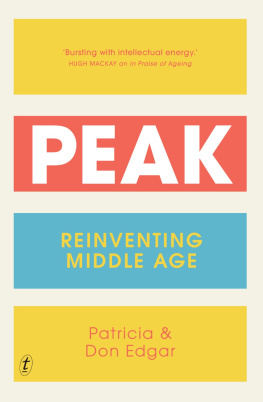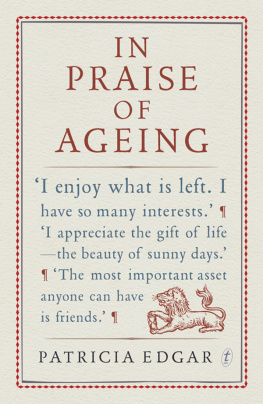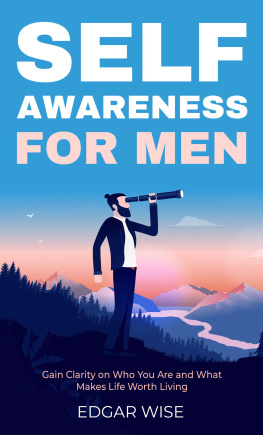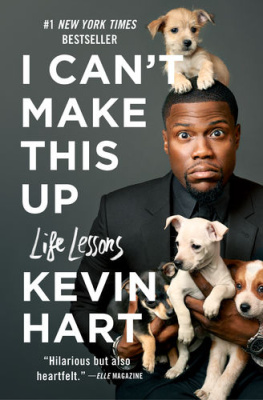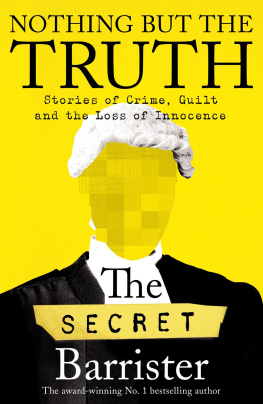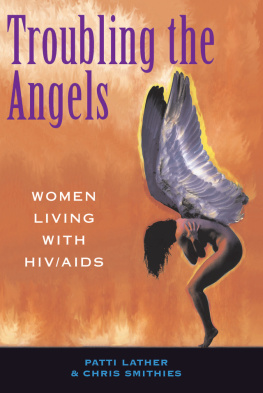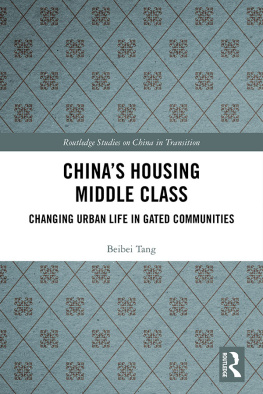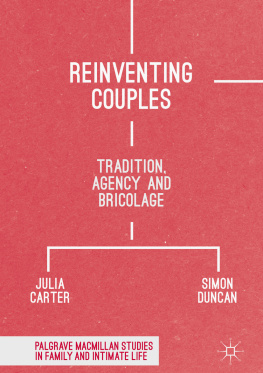Patricia Edgar is a sociologist, educator, film and television producer, writer, researcher and policy analyst. Through a career spanning four decades she has been at the forefront of media for children nationally and internationally. She was the founding director of the Australian Childrens Television Foundation, winning multiple awards for her achievements and programs, and is currently an ambassador for the National Ageing Research Institute. Her book In Praise of Ageing was published in 2013.
Don Edgar is one of Australias best-known authorities on social trends as they affect families, communities and the workplace. He was the founding director of the Australian Institute of Family Studies, which became one of Australias pre-eminent research institutes in family law, social security, workfamily programs, youth and family support services, child protection, child poverty, childcare and ageing. Don is an ambassador for the National Ageing Research Institute.
patriciaedgaranddonedgar.com
To Sue, Santo, Lesley and Greg,
Adrian, Luke, Emily and Ace
CONTENTS
Our middle-age years are our peak years, not a decline towards a wretched old age.
Over the last century medical science has given us an extra 25 years of life, and it is predicted our longevity will continue to steadily increase. This is cause for celebration, but the implications of this demographic shift are profound and one of the biggest challenges we face this century.
At age 80 we have both experienced the ambivalence that accompanies ageing. While life continues to offer opportunities and enjoyment, physically we are slower; our bodies need more maintenance. We are often asked how we have managed to stay engaged and productive. The answer is through continual reinvention, particularly in the middle years.
It is a given that to age successfully we must accept responsibility for looking after ourselves to the best of our ability, physically and mentally, that we make an effort at every stage of life in terms of continued learning and adapting as the circumstances governing our work, purpose and relationships change over a longer life span. But self-responsibility is not enough.
In 1651, the English philosopher Thomas Hobbes, writing about the social contract, warned that without a strong central government man reverts to his natural state of self-interest and life is solitary, poore, nasty, brutish and short.
This book addresses the need for a complete rethink about the nature of middle age and how Australian society will be changed by the needs and demands of a growing number of active middle-agers in search of purpose throughout a longer life. For too long governments have ignored the fact that a rapidly ageing population will have particular needs, and that a civilised world must adapt to service those needs. Rather late in the day there are some attempts to patch up a fraying system, but during the 2016 election campaign there was no evidence major parties on either side were giving any thought to how our social structures, personal relationships, education systems and work patterns need to adapt.
A longer life span has brought changes at every life stage. The period of childhood and youth now extends to about age 25. Youth has been extended by longer schooling, later entry into the workforce, living at home longer and greater dependence on family resources. From there we enter maturity (2549)a time of commitment to our chosen work and partner. During this stage most of us venture out from the home we grew up in and lead independent lives. Most have children and we all learn from the adventures life throws at us. We become knowledgeable contributors to society with skills and improved emotional intelligence. By 50, as we enter middle age (5075), we are at the mid-point of our productive adult life. We have been broadened by our experiences; we know who we are.
This is our peak; these years are the gift medical science has given us.
Old age comes at around 75, much later than it did a few decades ago. But for many, even 75 is not old in the sense of frailty and decline, for there may well be another 25 years ahead. We dont see these age brackets as fixed or uniform stages but as a way of thinking about our longer life journey to help shift policy in a more positive direction.
We need a radical and creative rethink of the way we should structure a 100-year life. By 2060, 25 per
A new approach will be one based on lifelong engagement in family, community and leisure activities, in active work and in ongoing educationlearning and retraining as our interests and circumstances change. Both men and women are likely to spend time out of the workforce tending to family responsibilities, moving in and out of full-time or part-time work and sharing household and caring tasks. Community and volunteer work can combine with paid employment as everyone needs respite from the pressures of full-time work. We will have to live with unpredictability, and we will have to learn how to be active in forging change, not just passively adapting to what happens along the way.
At present, our policy discussions fail to address the new realities of longevity. Too much emphasis is placed on the individuals responsibility to adapt as circumstances change. Important though that is, unless the institutions of our societythe structures of government, the law, workplaces, service-providers and educational and community organisationsare designed to support a longer-living community, individual choice is a phantom. We are not all born equal, not all educated to the same level, not all enjoying the same resources. Action is needed at the policy level as well as within individual lives.
In many ways, we are still bogged down in the false perception that 50 is the beginning of old age. South Australias Ageing Plan, for example, has been based on interviews with Australians over 50; 50 is often a benchmark for redundancy at work; 50 is the qualification age to join the University of the Third Age and the age at which some suggest we are like Mr Magoo, the dumpy old comic retiree of cartoon fame, requiring a black-box in the car to be allowed to retain a drivers license.
In contrast to the usual media image of miserable oldies whiling away their retirement years, the reality is that many Australians in their middle age are approaching old age positively, engaging in activities that give meaning and satisfaction to their lives. Still more needs to be done to break down the negative stereotyping of ageing and the resulting feelings of uselessness that many people experience because some in society want to put those over a certain age out to pasture.
We argue the solution is twofold. It lies with the middle-agers themselves, along with enlightened political leadership providing radical and innovative policies to restructure society. The middle-aged are a largely untapped resource of human capital that will be critical for future economic growth. These middle years are as important and meaningful as any lived earlier and can be used to contribute and find satisfaction in a range of activities and in ways previous generations have not been privileged to access. Most middle-agers will need to continue to work and to continue learning. They cannot, in any pejorative sense, be labelled as old.
The term middle age usually conjures up decline. The historical Middle Ages followed the fall of the Roman Empire and were marked by calamities including famine, plague and warwhich significantly diminished the population of Europealong with religious disputes, interstate conflicts, civil strife and peasant revolts. However, the late Middle Ages heralded the cultural and technological developments that transformed European society, leading to the Renaissance and the Age of Discovery. They were peak years. That is the relevant analogy for our propositions.

